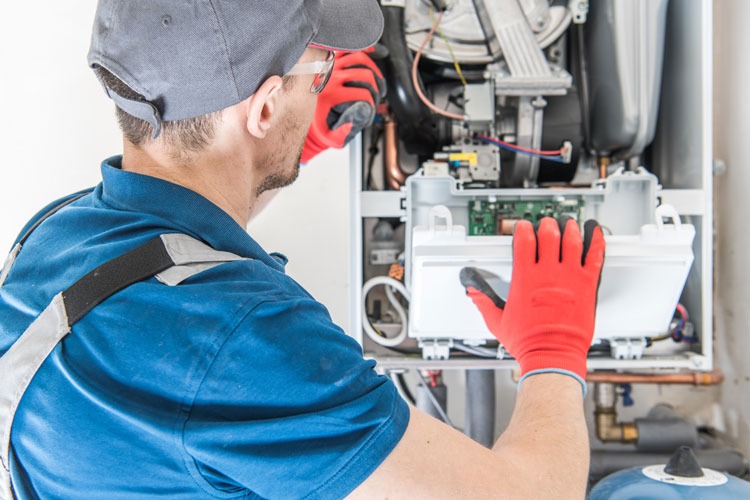LEARN MORE ABOUT SPOKANE VALLEY HVAC
Affordable Furnace Replacement
Spokane Valley
Looking for information about furnace replacement quotes in Spokane?
Learn more about Furnace Replacement Costs in Spokane Valley.
Ready to get a quote for a new furnace?
Spokane Valley HVAC can get you an affordable pricing estimate fast.
Give us a call today.
509 260 3255
Spokane Valley Furnace Replacement Quote
Looking for Spokane area HVAC Experts?
Perhaps You Are Searching Everywhere For...
- Affordable Furnace Repair Spokane Valley
- Furnace Replacement Quotes Spokane Valley
- Furnace Repair Quotes Spokane Valley
- Affordable Furnace Repair Spokane Valley
- Affordable Furnace Replacement Quote Spokane Valley
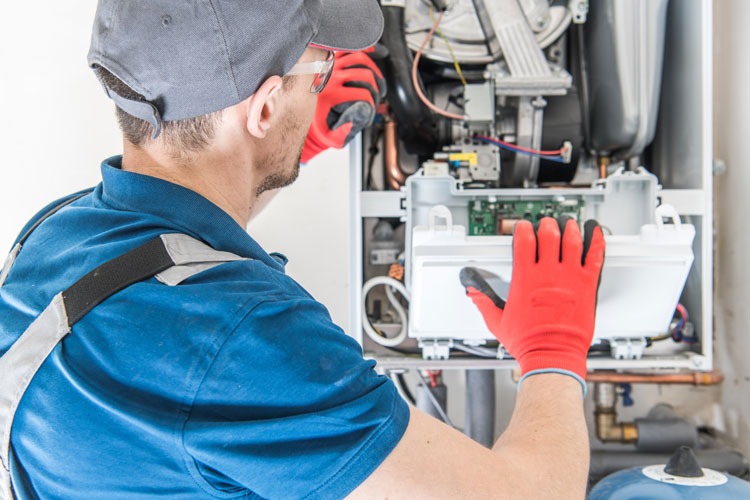
LEARN MORE ABOUT HVAC IN SPOKANE
Furnace Installation & Replacement - A Complete Cost & Prices Guide
In most homes, the furnace is the primary source of heat and works by heating air that is later distributed through ducts and the ventilation system to all the home’s rooms. Large furnaces work singly and will, in most cases, produce all the heat required in a home. Smaller furnaces, on the other hand, are coupled up with boilers and water heaters to produce energy that is enough to heat up a home.
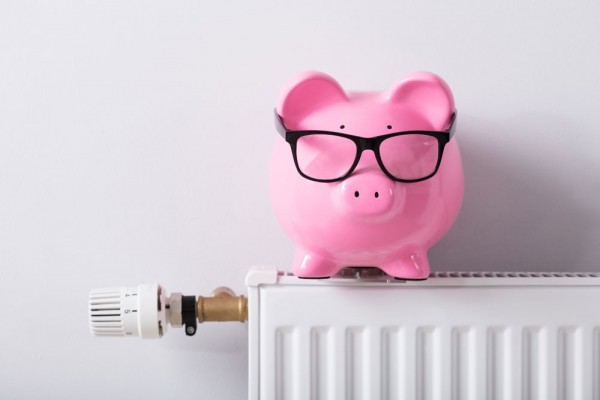
Considering its crucial role, a furnace should be selected strategically, keeping in mind factors like your home's size. The furnace's price and its installation/ replacement cost should be taken into consideration that we feel deserves a discussion. In this post, we will focus on the costs, charges for a furnace installation and replacement.
First things first, what are the factors that affect the cost of a furnace unit?
Quality of the furnace
High-quality furnace brands will cost more than budget and standard furnaces. Note that by ‘quality’, we mean the heating efficiency that the furnace offers. Quality is also related to the service years that the furnace can clock. There are three levels when it comes to furnace quality:
Budget brands - Budget furnaces come with the lowest prices and are highly affordable. Example brands include Airtemp, AireFlo, Goodman, etc.
Standard brands - These are moderately priced and the most common in homes. Top brands here include Rheem, Ruud, Armstrong, Ducane, Daikana, Amana, etc.
Premium brands - These come with a high price tag. A perfect example here is Lennox brand furnaces.
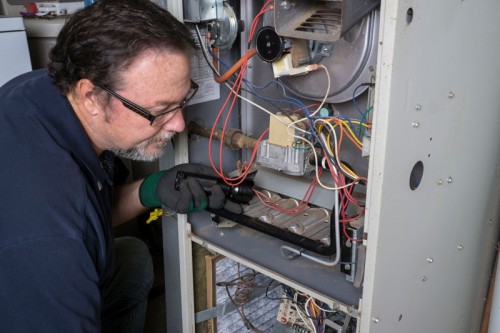
Performance
It is needless to say that better performing furnaces cost more than standard performing varieties. The term performance refers to how the furnace produces heat, supplies it through the ducts and maintains it in constant conditions.
Efficiency
For a furnace to produce heat, it needs to be fueled with some form of energy; be it electricity or gas fuels. High-efficiency furnaces will consume less energy and produce more heat than low-efficiency furnace units. The higher the efficiency rating of the furnace, the more it will cost.
Size
A typical furnace brand will produce units of different sizes to serve a variety of spaces. Larger-sized furnaces will cost more than smaller-sized ones.
Cheap vs. expensive furnaces
Just like in the case of furnace installers, a cheap furnace unit may end up costing you more in the long run since it will, from time to time, call for repairs and replacements before it has served you for a standard period. The higher the cost of a furnace unit, the more efficient it will be in heating your home. Note that this does not mean that you should go for units with exorbitant prices, which can hurt your budget. The take-home point here is that you should pick a unit that offers the best efficiency and performance at its price range.
Before we dive into the numbers, it is worth mentioning that the prices given here are estimates meant to give you a clear picture of what you will spend in a typical furnace project. Prices are subject to slight changes from one jurisdiction to another.
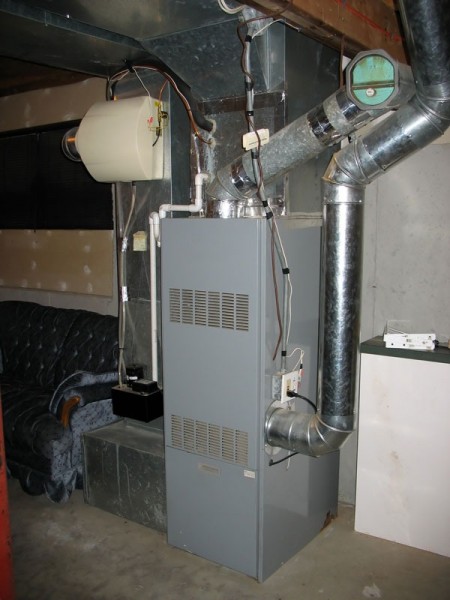
Furnace installation costs Spokane
For new units, you should expect to spend around $2000 to $10,000. This amount will go into the unit, other equipment, labor and permits as follows:
The unit- Averagely 50-75%
Labor- 20-30%
Supporting equipment and permissions- 15-25%
Let’s briefly discuss these factors
The furnace unit takes more than half of the total project’s cost and this is where you need to put into consideration the factors we discussed in the previous section. In general, you will spend the following for different furnace types:
Electric - $500 to $3,000
Gas - $900 to $5,000
Oil - $1,800 to $6,000
Geothermal - $2,000 to $20,000
Labor is the second most important factor that you need to consider when it comes to furnace installation. Expect to pay $50 to $100 per hour when working with a licensed furnace installer. This should amount to an average $150-$500 for the labor to complete the installation.
Other equipment/permissions
For a furnace to work properly, the ductwork, vents and filters should be correctly installed. For the ductwork and these complementary components, expect to pay around $3,000 to $5000. For the building permit, the cost will vary from one location to another. Set aside around $400-$1,500 for the building permissions.
Furnace replacement cost
The average cost of replacing a furnace will run from $2,000 to $7,000. The price will, however, depends on the type of furnace you need to replace as follows:
• Electric - $2,000 to $7,000
• Gas - $3,800 to $10,000
• Oil - $6,700 to $10,000
• Geothermal - $10,000 to $40,000
For duct repairs, expect to spend around $1000 to $15,000
